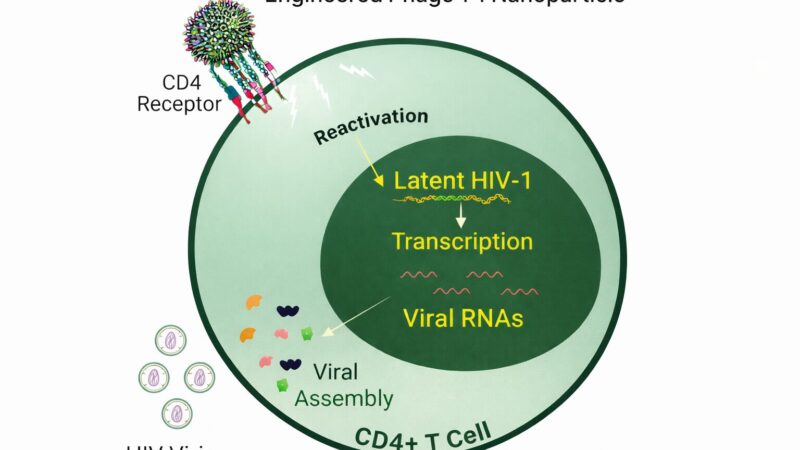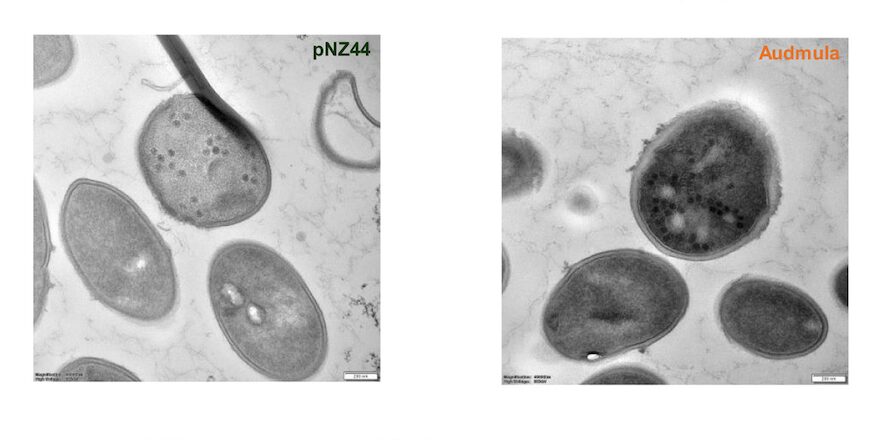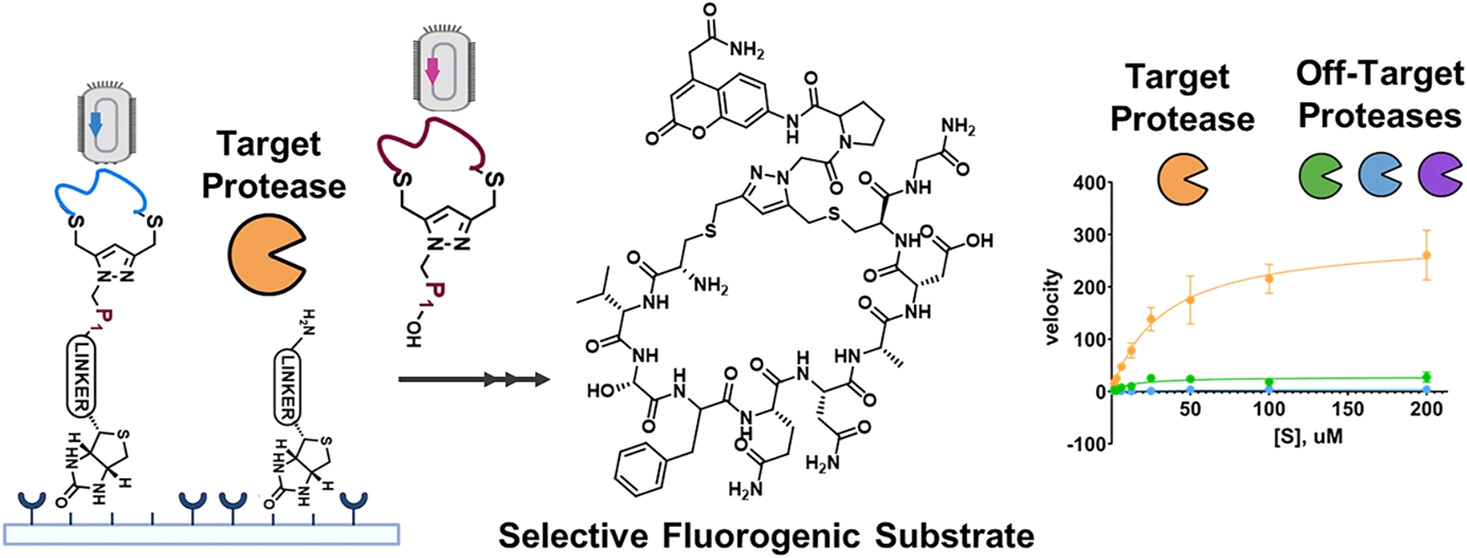
There has been a long-standing question about whether bacteriophages, a potential alternative to antibiotics, have any effect on human and animal cells. Despite its use in some places, the subject of the direct interaction between bacteriophages and mammalian hosts has been poorly understood. To fill this knowledge gap, scientists from Australia and Canada conducted an experiment to analyze the cellular responses of mammalian cells to highly purified phage T4, free from bacterial by-products and endotoxins.
The researchers applied phage preparations to lung epithelial cells, kidney cells, and primary mouse bone marrow-derived macrophages in vitro, with phage-free supernatant as a comparative control. They found that highly purified T4 phages were quickly internalized by mammalian cells and accumulated within macropinosomes, a type of cell compartment. However, T4 phages did not activate the inflammatory DNA response TLR9 or cGAS-STING pathways.
After eight hours of incubation with T4 phage, the researchers analyzed whole cell lysates via an antibody microarray to detect the expression and phosphorylation levels of human signaling proteins. They discovered that T4 phage internalization activated AKT-dependent pathways, which resulted in an increase in cell metabolism, survival, and actin reorganization. Actin reorganization is critical for macropinocytosis and could regulate a positive feedback loop to drive further phage internalization.
Furthermore, T4 phages down-regulated cyclin-dependent kinase 1 (CDK1) and its downstream effectors, which function as serine/threonine protein kinases and are key players in cell cycle regulation. This led to an inhibition of cell cycle progression and an increase in cellular growth through a prolonged G1 phase. These interactions suggest that mammalian cells are internalizing bacteriophages as a food source to promote cellular growth and metabolism.
From this study, highly purified T4 phages do not activate DNA-mediated inflammatory pathways but do trigger protein phosphorylation cascades that promote cellular growth and survival. The study provides evidence that mammalian cells internalize bacteriophages as a source of nutrients to promote cellular metabolism and growth. This new insight could have significant implications for the potential use of bacteriophages as an alternative to antibiotics in the future.
To read the full article follow this link:
Mammalian cells internalize bacteriophages and utilize them as a food source to enhance cellular growth and survival
Marion C. Bichet, Jack Adderley, Laura Avellaneda, Linden J. Gearing, Celine Deffrasnes, Cassandra David, Genevieve Pepin, Michael P. Gantier, Ruby CY Lin, Ruzeen Patwa, Gregory W. Moseley, Christian Doerig, Jeremy J. Barr
bioRxiv 2023.03.10.532157; doi: https://doi.org/10.1101/2023.03.10.532157
To read more news articles from The Phage here
Image credit to MIT News



Leave a Reply
You must be logged in to post a comment.